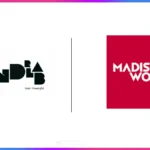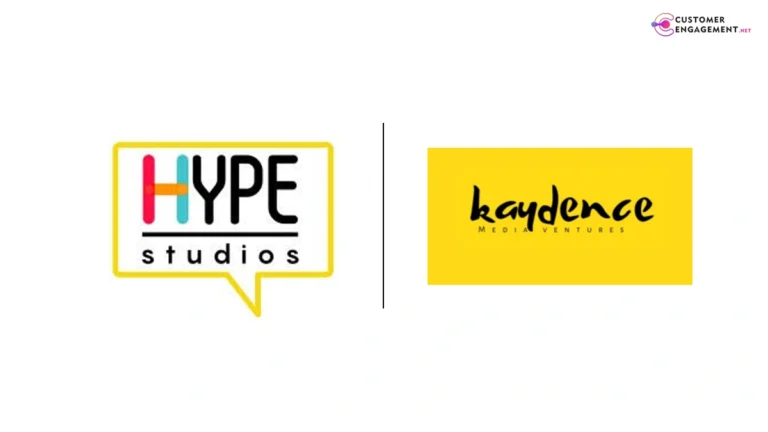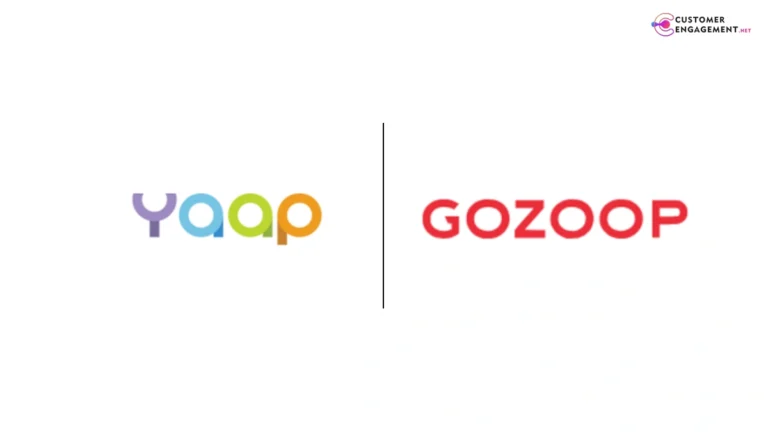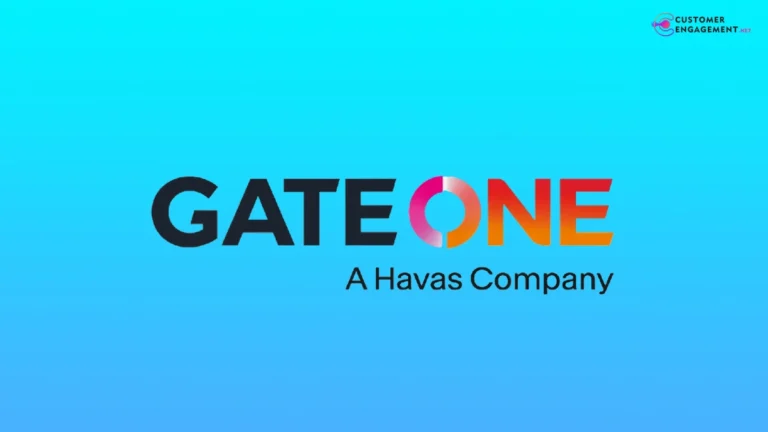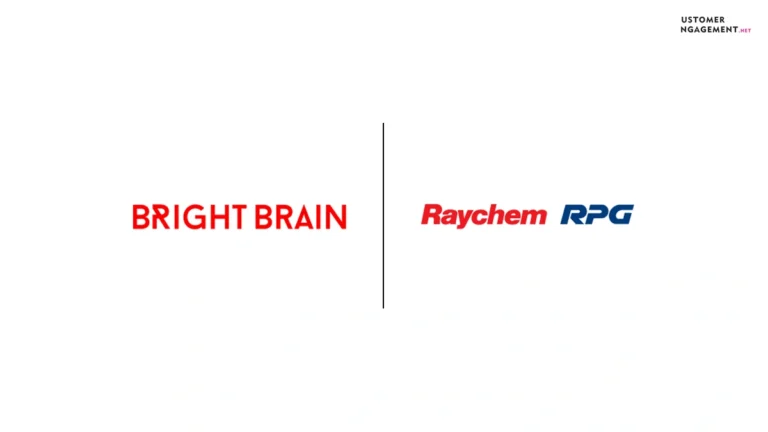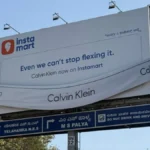
Instagram now lets search engines index public posts from professional accounts, expanding content reach beyond the app and changing digital discovery for brands and creators.
By letting search engines like Google and Bing index public posts from professional accounts, Instagram has changed the way people find content online. Starting on July 10, 2025, this update will let photos, videos, carousels, and reels from public business and creator accounts (run by people over 18) show up in organic search results all over the web. Before, search engines couldn’t find most of Instagram’s content because of technical issues, which kept most posts within the app’s ecosystem.
This change is a big break from Instagram’s usual “walled garden” style. Now, search results show public professional content next to websites, blogs, and YouTube videos. This gives brands and creators new ways to reach people who may not use Instagram at all. The policy covers all eligible posts and reels that have been uploaded since January 1, 2020. Even remixed versions of content can be indexed if the original creator allows it.
Account holders can still choose who can see their content. Professional users can stop search engines from indexing their accounts by switching to a personal or private account or by turning off the feature in their privacy settings. However, indexing is turned on by default for eligible accounts, which greatly increases the organic reach and discoverability of most brands and creators.
This update makes it hard to tell the difference between social and search strategies. Hashtags can help posts show up in search results for terms that aren’t just on Instagram, and captions and alt text are now very important for SEO. This integration requires digital marketers to take a more comprehensive, omnichannel approach to their content strategy because customer journeys are becoming more complex and involve more than one platform.
In the end, Instagram’s move marks the end of closed social media ecosystems. A new era has begun where people can find and interact with content all over the open web.




